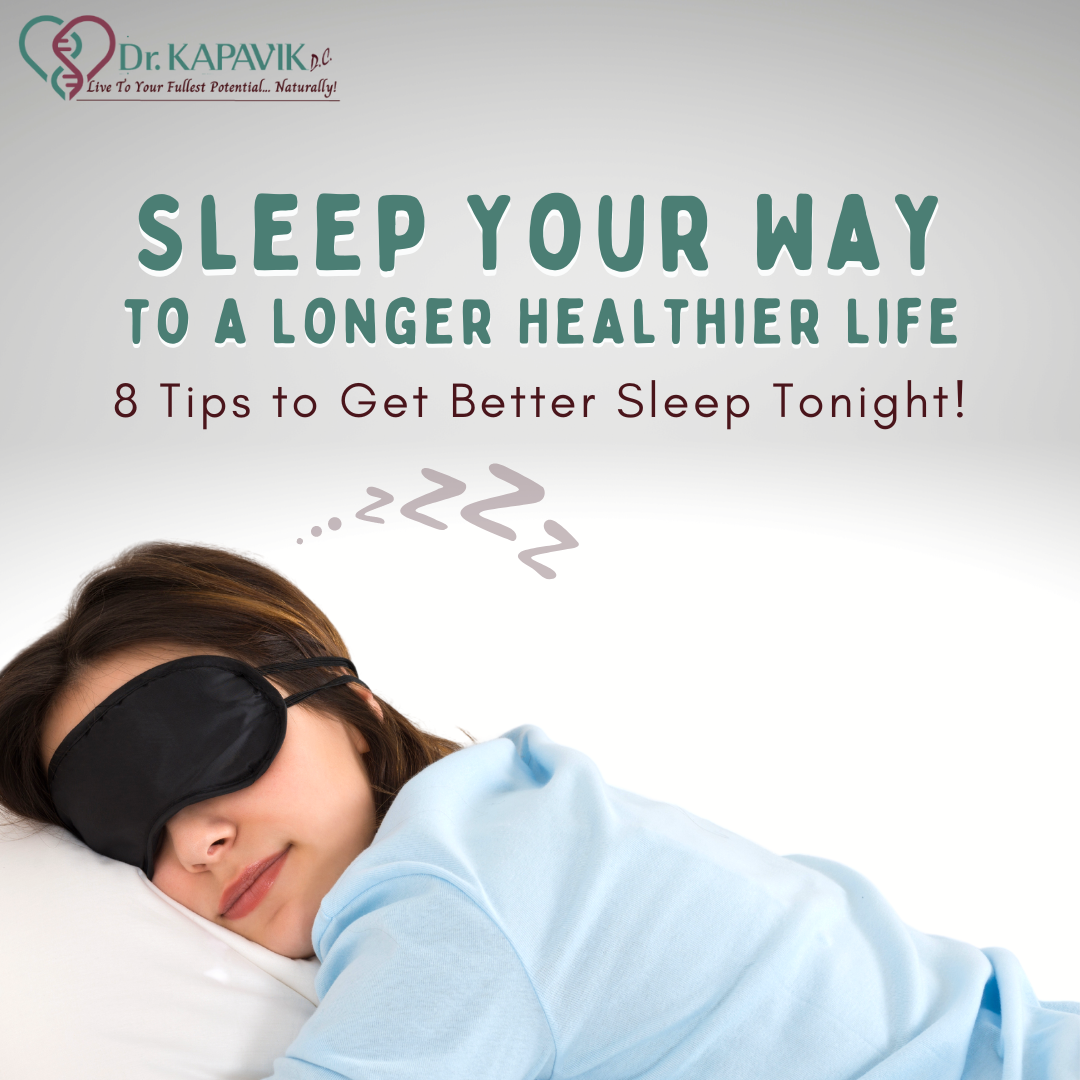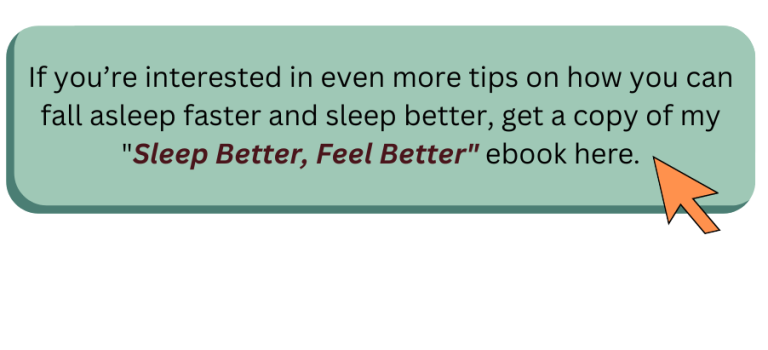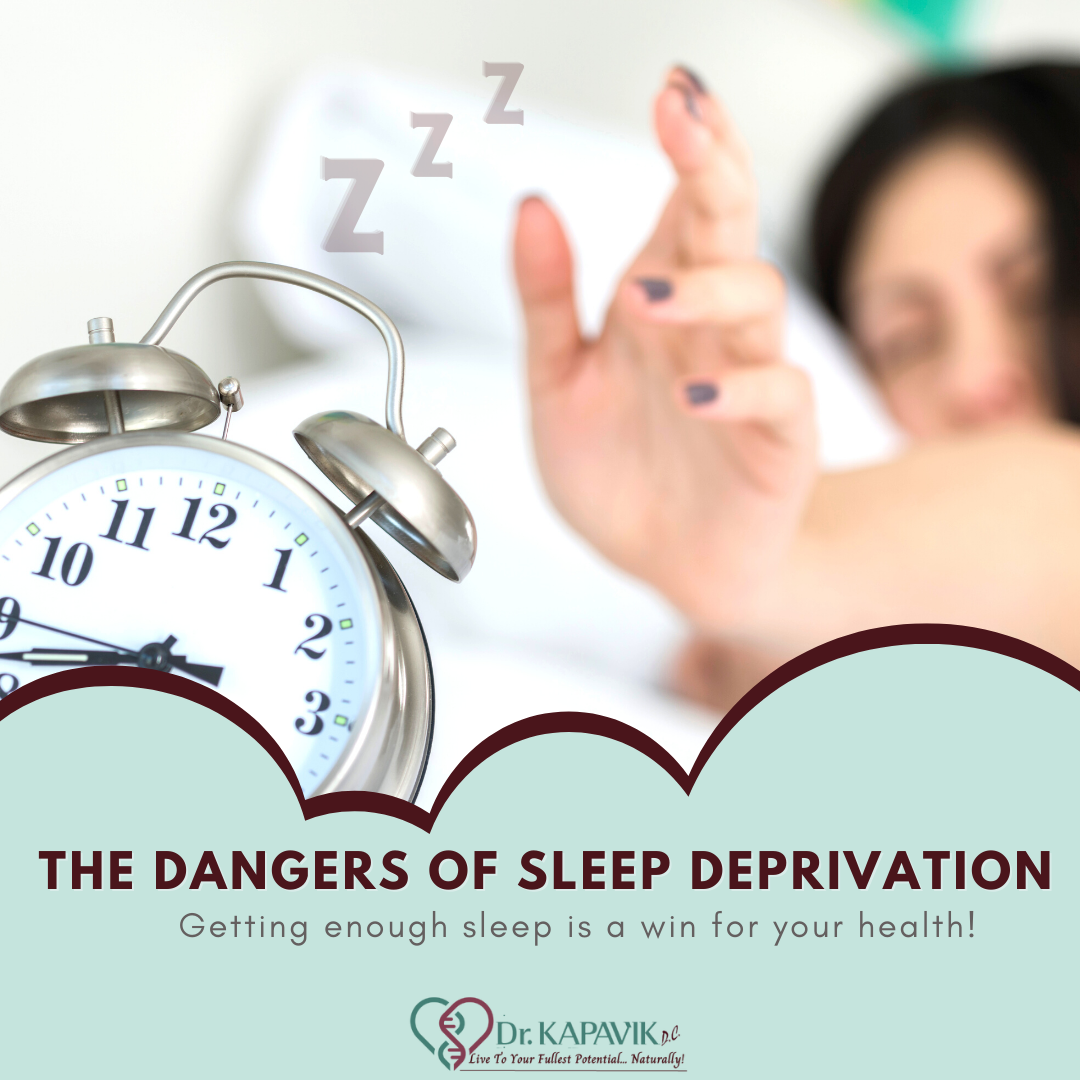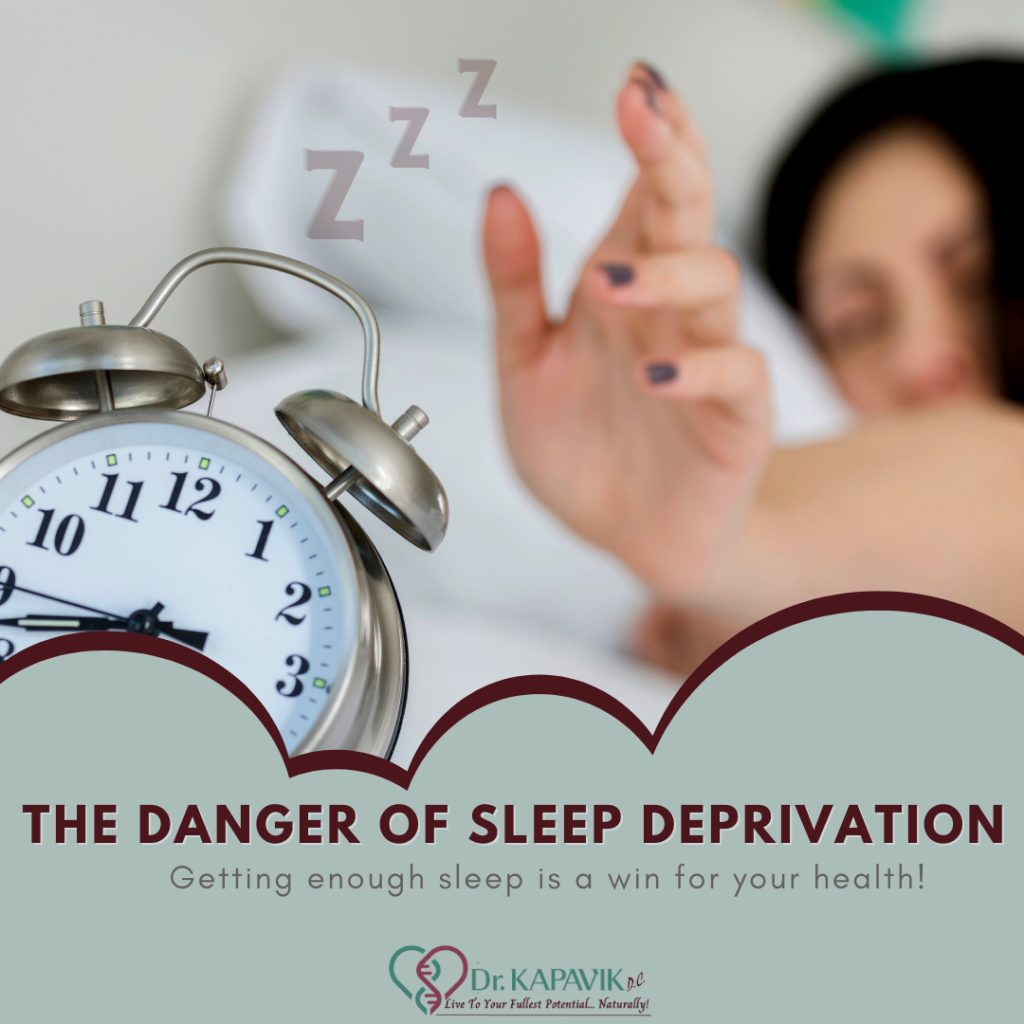Sleep Your Way to a Longer Healthier Life: 8 Tips to Get Better Sleep Tonight!
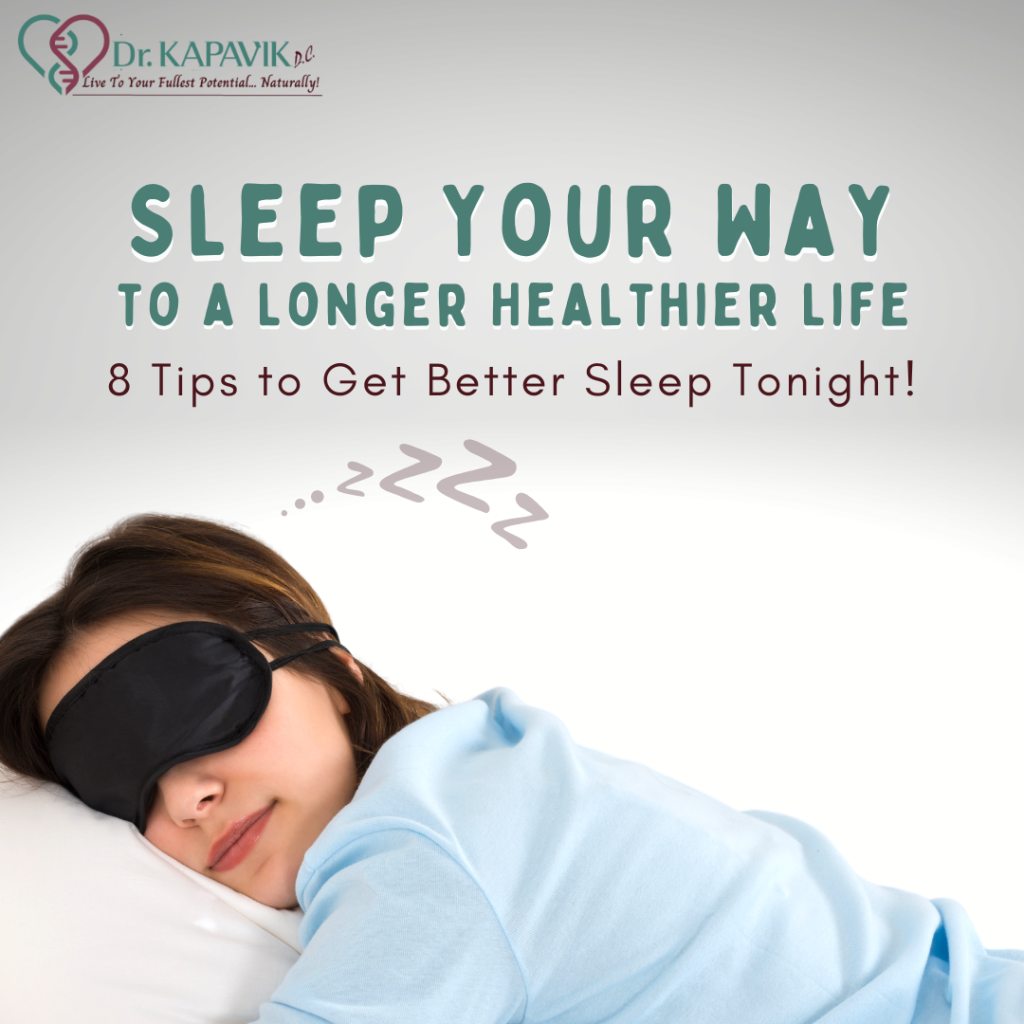
So are you ready to get more sleep? That’s good to know!
Getting insufficient sleep can negatively impact your health and overall wellbeing and prevent you from living your best life.
In fact, it can prevent you from living a long life!
There are numerous studies showing that consistent lack of sleep can even lead to an early death!
According to a Harvard Medical School study, people who sleep for less than five hours a night are twice as likely to develop dementia and twice as likely to die in comparison with those who constantly have six or more hours of sleep.
In another study involving almost 8,000 participants in four European countries, it was found that people 50 years and older who regularly sleep for six hours or less have a 30% increase in dementia risk!
The problem that most people have, and probably yours too, is that it can be really difficult to get the recommended 7-8 hours of sleep.
To help you in this area of your health, I came up with a list of tips to help you fall asleep quicker which ultimately means more sleep hours for you. They can also enhance the quality of your sleep so you wake up each day feeling refreshed and invigorated.
Tip #1: Follow a routine before bed.
It is vital to follow a routine before bed in order to get the best night’s sleep possible. This simply means hitting the sack and waking up at the same time every day, doing relaxation exercises, and winding down for at least 30 minutes before sleep.
Tip #2: Keep a cool and comfortable environment in your bedroom.
To get a good night’s sleep, you need to keep your bedroom cool and comfortable. For most, a room temperature of between 60 and 67 degrees Fahrenheit is most conducive for sleep.
Block out noise. Keep your bedroom quiet. Turn on a fan or a pink noise recording to block out loud neighbors and car alarms You may have heard of white noise, though pink noise has a more even distribution of sound frequencies and is more calming to the ears compared to white noise. The way in which pink noise shifts between high and low frequencies mimics the sounds of nature, like the sound of waves lapping on the shore or a gentle rain. White noise, conversely, is more uniform in its sound and stays at a constant level.
Keep your bedroom dark! Darkness prepares the brain for sleep. Hang heavy curtains in your bedroom or wear a sleep mask. Ideally you don’t want to be able to see your hand in front of you when you first turn off the lights.
If sleeping in total darkness is not an option, I recommend cutting out the overhead lights lamps in the evening. Also, choose bulbs with a warm white or lower Kelvin temperature to signal that it’s no longer daylight. Red light bulbs are also very effective. Red light promotes an increase in melatonin secretion, leading to improved sleep quality. A good night’s rest, in turn, results in enhanced cognitive function and overall mental well-being.
For great additional information about red lights and some options, check out Bon Charge
Tip #3: Limit screen time before sleep.
You should limit screen time before sleep because the blue light that the screen emits interferes with the body’s natural production of melatonin. This hormone helps regulate our sleep-wake cycles. Being exposed to too much blue light at night can disrupt the body’s natural sleep rhythm and may cause sleep disturbances. There are settings on cell phones and computers to automatically adjust the screen brightness at sunset. You can also invest in blue light blocking glasses, you may check different styles here.
Tip #4: Avoid caffeine and alcohol before sleep.
It’s best to avoid consuming alcohol and caffeine before sleep. Some think alcohol is relaxing, and while it does have a depressive affect and can make you feel drowsy, it also disrupts your sleep later in the night. You won’t sleep as deep after drinking alcohol and wake up with a long groggy day ahead. Caffeinated beverages make it difficult to fall asleep and can also cause you to wake up feeling groggy. Research shows it’s best to not have caffeine within 6 hours of your bedtime to avoid sleep disruptions, so lunch might be a great time to have that last coffee or tea!
Tip #5: Get up and move around during the day.
It’s important to get up and move around during the day in order to promote sleep at night. A brisk walk around your neighborhood or some light stretches will help. Being active during the day will help you feel tired when it’s time to go to bed. It’s best to stop your exercise at least 90 minutes before your bedtime so plan some light stretches if it gets too late. Along with many other benefits, an active lifestyle enhances sleep. Aim for at least 150 minutes of moderate aerobic exercise each week.
Tip # 6: Eat light.
Avoid eating foods high in calories or too heavy in spices late in the day. The best time to eat is at least 3 hours before your bedtime so you have plenty of time to properly digest your meal before getting to sleep! If you want a snack, drink water first! Many times we mistake hunger for thirst. You’ll be doing your health a huge favor. You can read more about the benefits of water here and if you haven’t downloaded my e-book on the simple tricks on how you can drink more water, you may want to download it by clicking here.
Tip # 7: Practice deep breathing exercises or stretches at night.
In the evening, engage in some deep breathing exercises and progressive muscle relaxation.
Deep breathing exercises is an effective way to promote relaxation and reduce stress. It is done while you are sitting or lying down with your eyes closed. Here is an example of a deep breathing exercise: Inhale while counting to 4 then hold for 4 then exhale counting to 6.
Inhaling is done slowly and deeply through the nose while exhaling is done slowly through the mouth.
Progressive muscle relaxation is also done while sitting or lying down. You tense and relax your muscle groups, going from one group to the next, starting with the muscles in your feet and working upwards. This is all done while focusing on your breath as you inhale and exhale.
These are two popular methods for hastening sleep. They also help to manage stress during the day and visualize pleasant images at bedtime.
Tip # 8 End the day on a positive note.
Regardless of how your day turned out to be, there is always something to be grateful for. Reflect on your day and find a thing or two that gave you joy, or made you feel thankful. You may write these things down in a small notebook and keep it on your nightstand for easy retrieval the next night.
You may also listen to an audiobook or to soothing music that will put you in the mood for sleep.
Whatever you do, never give in to the temptation of watching TV or watching the news at bedtime. The news and media in general can conjure up negative images in your brain and give you undue anxiety which may affect your ability to sleep and to sleep soundly.
There you have it, eight of my tips for more quality sleep.
Getting 7-8 hours of quality sleep is crucial to keeping your mind and body healthy while sleep deprivation is a real hazard and endangers your health and overall quality of life.
So if you’re really serious about getting more quality sleep, there’s no better time than today to start incorporating these tips into your daily habits.
Since sleep issues can have many different causes, you may also find it helpful to keep a journal where you can record your habits. This will enable you to spot patterns and help you talk with your doctor if you need to explore medical reasons.
Always Make Sleep a Priority!
If you feel you need more help, my personalised coaching program will guide you through improving your sleep health. Get your free coaching session today and start sleeping better tonight!


